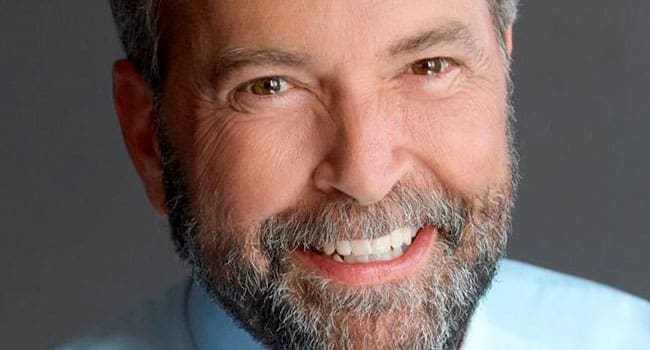 Last week’s NDP convention in Edmonton had all the makings of a typical political event. Instead, it turned out to be one of the biggest political bombshells in Canadian history.
Last week’s NDP convention in Edmonton had all the makings of a typical political event. Instead, it turned out to be one of the biggest political bombshells in Canadian history.
Early on, there were few indications that anything unusual was about to happen.
Various discussions about policy ideas and political goals went smoothly. Partisan speeches by Alberta NDP Premier Rachel Notley and former Ontario NDP leader Stephen Lewis were well received by delegates. Marit Stiles, a Toronto school trustee, long-time political activist and an old sparring partner on TV, was wisely chosen as NDP president.
Then came the result of confidence in Tom Mulcair’s leadership.
Few political observers thought he wouldn’t receive the party’s constitutional threshold of 50 percent plus one to maintain his leadership. Most believed he would hit the 70 percent barrier that political leaders normally receive at party conventions.
Instead, the 1,800 NDP delegates voted 52 percent in favour of holding a leadership convention. Mulcair had been unceremoniously booted out as party leader, after less than four years at the helm. The stunned look on people’s faces, including the party caucus, said it all.
A clearly shell-shocked Mulcair addressed the convention after the vote. He handled himself with grace and dignity, and said he wanted to continue as party leader until his replacement was chosen. (While the NDP passed a motion to give itself up to two years to hold a leadership convention, Mulcair’s request remains a wild card at this point.)
What on Earth happened?
One painfully obvious reason is grassroots members were more angry with Mulcair’s performance in last year’s federal election than originally assumed. It’s no secret they were displeased at losing a golden opportunity to form its first federal government. But few people imagined New Democrats wouldn’t give Mulcair a second kick at the can (a historical tradition for this party) to win over Canadian voters.
But that is not the whole story.
Mulcair has a reputation of being a prickly individual. His long-standing nickname, Angry Tom, has hardly been an asset to his public image and political fortunes. He doesn’t fashion himself as a political bridge-builder, and would never be mistaken as one. He doesn’t have the populist touch of his predecessor, the late Jack Layton. He has been described as the left-wing equivalent to former Tory prime minister Stephen Harper.
Mulcair’s strategy of shifting the NDP toward the political centre during the 2015 federal election campaign blew up in his face.
Prime Minister Justin Trudeau and the Liberals found various ways to outflank the NDP in some of its traditional areas, including income inequality, government spending, and championing the working class. Hence, they were able to consolidate the left side of the political spectrum – and became the top choice of Canadian progressives.
In fact, the Liberals are governing from the left. That’s unusual, since this party typically edges slightly to the right when in power. Are they trying to employ a long-term political strategy to eventually wipe out the NDP? Perhaps.
Then again, they may not need to do it.
The NDP’s radical side is starting to roar again. If it chooses a new leader who is firmly on the political left, it could wipe out the massive gains made by Layton and Mulcair. Moreover, if it incorporates components of the radical Leap Manifesto, authored by hardline socialists Naomi Klein and Avi Lewis, as party policy, it will immediately shift from being a political contender back into a fringe outfit.
I wonder if that’s what Mulcair is counting on.
Maybe he senses that the longer he hangs around, the more likely it is that NDP faithful could experience some sober second thought about his leadership. It would certainly help explain why this intelligent, strategic politician wants to stay on as leader at a time when his party wants him to take a hike.
Michael Taube, a Troy Media syndicated columnist and political commentator, was a speechwriter for former Prime Minister Stephen Harper. He holds a master’s degree in comparative politics from the London School of Economics.
The views, opinions and positions expressed by columnists and contributors are the author’s alone. They do not inherently or expressly reflect the views, opinions and/or positions of our publication.


